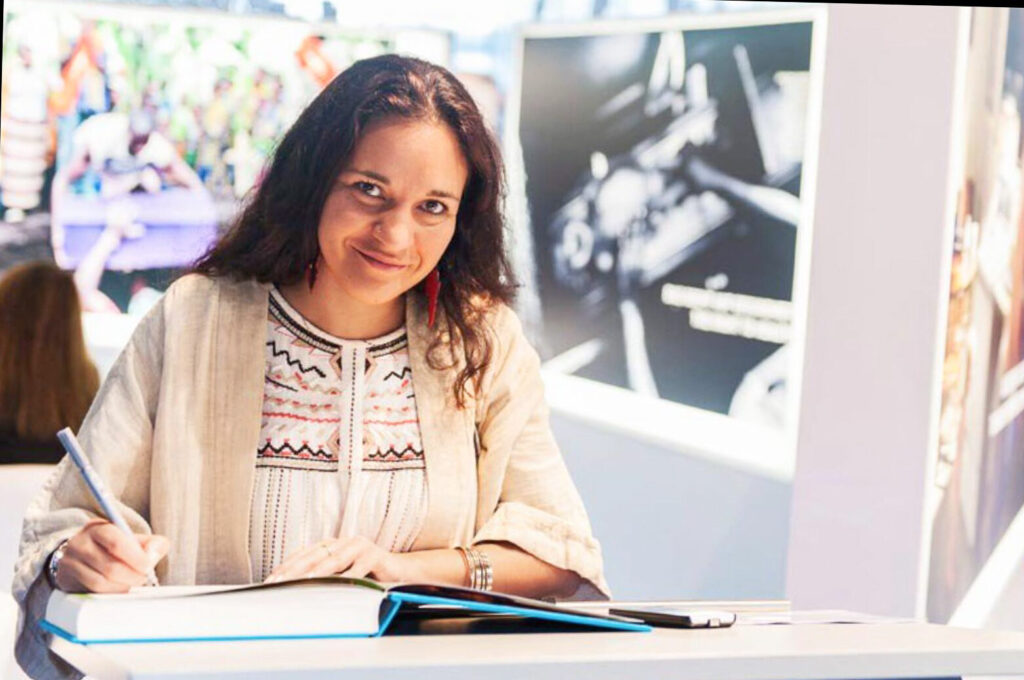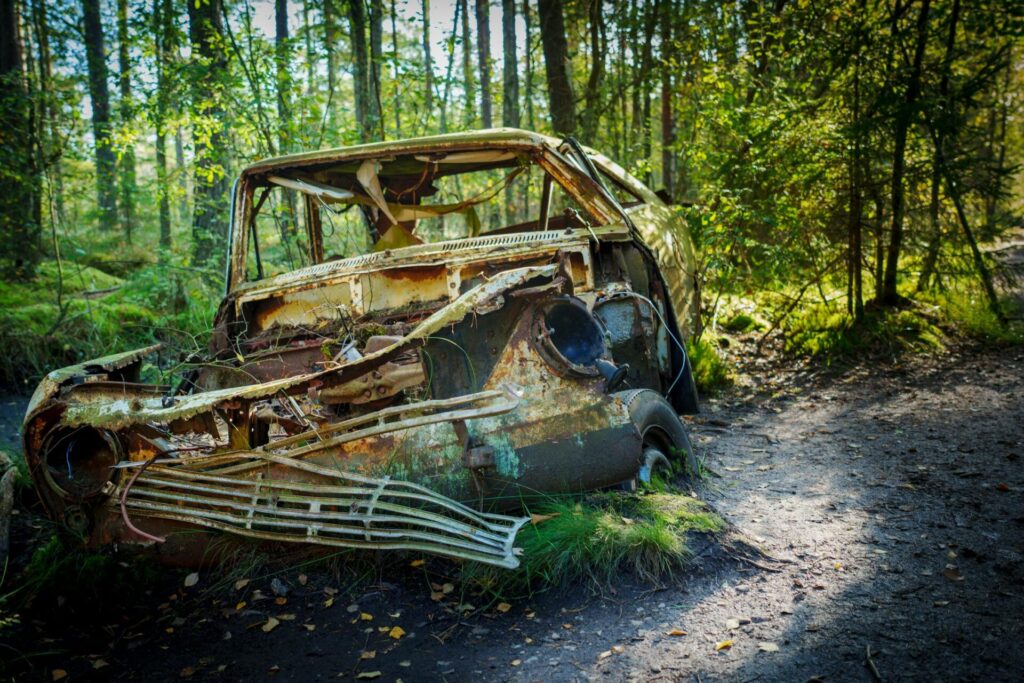WARNING: unbalanced footnote start tag short code found.
If this warning is irrelevant, please disable the syntax validation feature in the dashboard under General settings > Footnote start and end short codes > Check for balanced shortcodes.
Unbalanced start tag short code found before:
“Vice president of the Observatory for the fight against corruption and economic embezzlement (OLUCOME] almost three years ago. Under these conditions, it is indeed difficult to think of the establishment of a transparent and honest TRC. C This is why the Justice and P Commission…”
Between the last two elections of 2005 and 2010, the Burundian population nourished the hope of peace finally found. Indeed, since 2005, ethnic conflicts were being overcome; many of those who had fled the country abroad had returned to their homeland; governing bodies enjoyed increased trust from citizens; a democracy based on the multiparty system was taking root; political parties of all stripes were more recognized; and freedom of expression was becoming more and more respected. In short, the country was on the right track, the path to reconstruction and reconciliation.
- To dare to talk about the past and attribute responsibilities to your peers, you must first be reassured about your physical and moral security. The political-security climate which currently prevails is therefore a major handicap to the freedom of speech. In this context, there will be no truth or reconciliation. Faced with the risk of an increase in violence, one of the first recommendations is therefore to improve the security situation. It is also about securing, in particular, members of civil society who fight for respect for human rights.
- The entire Burundian political class (majority and opposition) must agree to sit around the same table to talk about controversial points. Weapons are in no way an alternative. Indeed, civilians are always the first victims of war, and it is necessary to spare the people from all the misery resulting from the conflict.
- Reconciliation is a long, complex process and depends on several political, social and psychological factors. Members of civil society, including the Church, must therefore be proactive in preparing the population to tell the truth, before the establishment of the TRC but also during the operation of the commission. If the population feels safe and is made aware, the chances of success will increase.
- Impunity is at the root of the Burundian conflict and reconciliation requires setting the judicial machine in motion. Forgiveness is certainly an option to achieve effective reconciliation, but it remains an individual choice. This is why, through competent jurisdictions, justice must play its punitive function – in the face of unamnestiable crimes – but also restorative and restorative. The establishment of a special court for the most serious crimes may be an option to consider.
- The credibility of the authority which will establish the CVR but also choose the commissioners is crucial. The challenge for the institution responsible for appointing these people therefore consists of doing everything possible to gain the trust of the population. The slightest controversy about these people risks seriously damaging the reconciliation process. For a careful analysis of the Burundian conflict, our local partners believe that a joint commission would provide added value in terms of objectivity and transparency.
- The international community helps Burundi through budget support. Several countries including Belgium support the country and have special links with it. The reconciliation that the Burundian people seek comes at the price of certain conditions that the international community in general, and certain States in particular, can help guarantee. It is therefore a question of helping the Burundian people to embody the achievements of the Arusha agreements and democratic principles. It is thus requested:
- It is up to the international community, including Belgium, to support the democratic process in Burundi by maintaining its financial aid and continuing to provide support in order to deter any attempt to resort to violence.
- It is up to the Burundian government to guarantee the security of the entire population and to encourage the return of exiled political leaders to finally set up the TRC and thus be able to imagine a more serene future.





